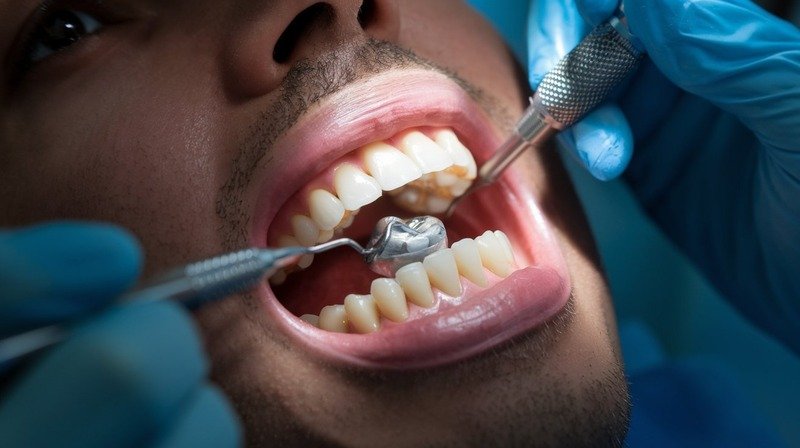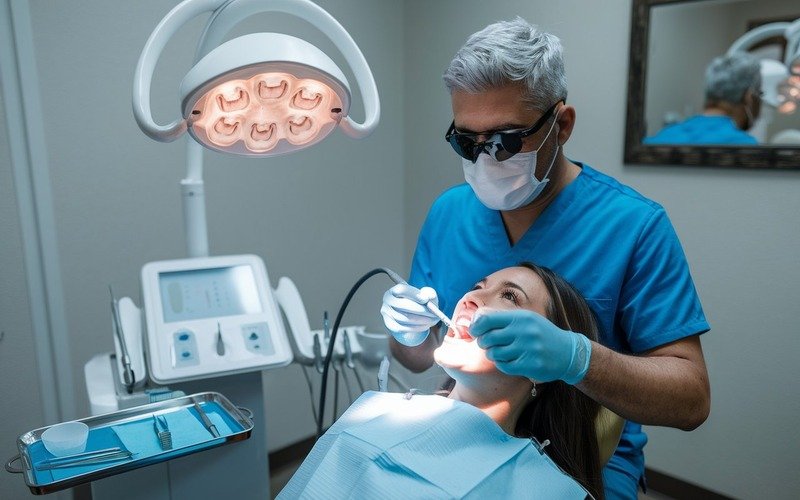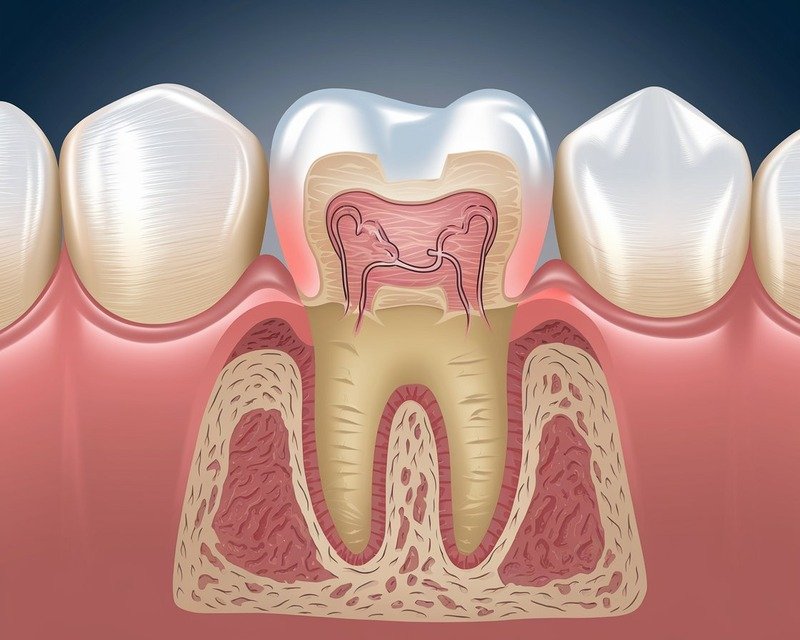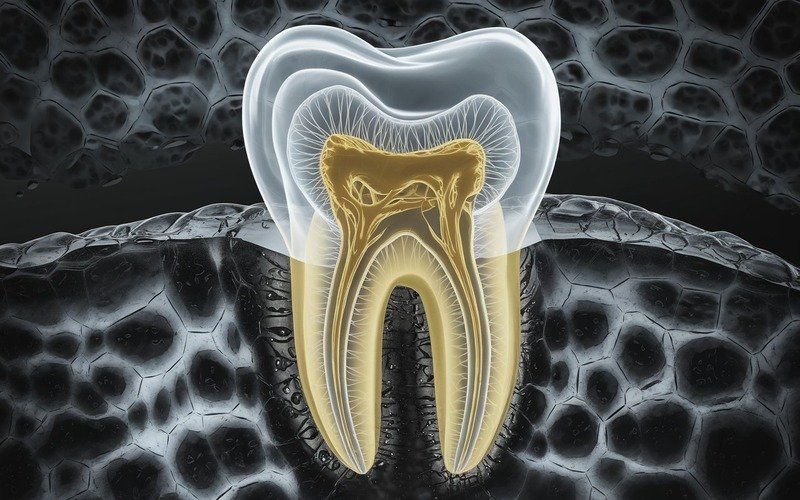
You just walked out of the dentist’s office, feeling relieved that your cavity is fixed. But something feels… off. There’s this strange metallic taste lingering in your mouth that just won’t go away. Is this normal? Should you be concerned? Take a deep breath – most people experience this, and it’s usually nothing to panic about. Dental work can be nerve-wracking enough without adding extra worry to the mix.
Whether you’ve just had a silver filling or a more modern composite one, that metallic taste is more common than you might think. We’re going to break down exactly what’s happening in your mouth and give you the real scoop on what’s normal and what might need a closer look.
Is This Metallic Taste Normal? Understanding What’s Happening in Your Mouth
Let’s discuss something that dental patients often find surprising: the weird metallic taste that hangs around after you get a filling.
There’s a good reason for it, though, and we promise your mouth isn’t going through anything too crazy. When you get a filling, different materials start mixing with your saliva and the other chemicals in your mouth, and in the end, you get a taste-good or bad-that’s almost personalized to you.
For decades, silver amalgam fillings have been known for this metallic sensation. Composed of a mixture of mercury, silver, tin, and copper, these traditional fillings leave a distinct taste in your mouth. Newer composite fillings-made from ceramic and plastic compounds and colored to match your teeth-are less likely to leave behind a metallic aftertaste.
Here is something that not a lot of people realize: your body is mostly adapting to a foreign substance. The material used to fill your tooth interacts with your saliva, the nerve endings in your mouth, and the oral bacteria that live in and on you in such a way that its presence makes your mouth say, “Hey! That’s new!” It’s kind of like that gag reflex some people have when you fill their mouths with some dental impression material.
You May Like To Read: What Causes Tooth Nerve Pain In 2025?
How Long Will This Metallic Taste Actually Last After Filling?
You can typically expect this metallic taste to stay around for a few days to a couple of weeks. The exact duration depends on several different factors, including the type of filling material, your body chemistry, and how sensitive your taste buds are.
Compared with traditional amalgam fillings, composite fillings are generally less metallic tasting and have a milder flavor. What might cause you to perceive a metallic taste when using composite dental fillings? Possible factors include individual sensitivity, the dimensions of the filling, your general state of oral health, and how quickly you acclimate to the new material.
Most patients find that the metallic taste diminishes fairly rapidly, within a week or two. If it’s still around after that, you might want to check in with your dentist at LifeWorks Dental.
When Should You Call Your Dentist? Warning Signs to Watch For
Post-filling sensations differ. Usually, a metallic taste is nothing to be concerned about, but there are some signs that suggest you should call the dentist. If any of the following describes you, pick up the phone and get in touch with your dental professional:
- Chronic, acute pain for which there seems to be no effective treatment yet
- The kind of toothache where don’t even think about it hurting more than what you’re experiencing now
- Signs that might lead an average person to believe that their body’s system is trying to battle an infection
- Tooth structure that isn’t really there anymore and yet somehow is making contact with your lower mandible
Keep in mind that the majority of post-filling sensations are standard and typical. Your mouth is incredibly flexible and will most likely have little difficulty adjusting to the new dental filling. If you’re concerned, you can always visit our office location.
Quick Tricks to Minimize the Metallic Taste After Filling
Let us discuss a few practical strategies that can ease this transition. Your primary means of defense is hydration-water helps wash away any tastes that remain and promotes the healing of your mouth. Think about using a nonalcoholic mouthwash to help with the neutralizing of tastes; just don’t use anything too harsh or provocative, since your mouth may be more sensitive than usual.
Some foods can also assist in counteracting the metallic taste. You might want to consider these options:
- Citrus fruits
- Herbal teas
- Foods with strong, natural flavors
Stay clear of very hot or very cold foods and drinks for now because they could make your tooth more sensitive.
Pro tip: Stimulating saliva production is possible when chewing sugar-free gum. The extra saliva helps to naturally balance out the odd tastes in your mouth.
At this very moment, work that is nothing less than incredible is taking place in your body. Work that is far too complex and too vital for any one person, including you, to grasp in its totality. The core information and the final outcomes are known only to your body-and those outcomes don’t involve a taste that is metallic.
Final Words
A reassuring wrap-up that validates the reader’s experience while providing perspective. The key message: this is typically temporary, and most people move past this stage quickly.



